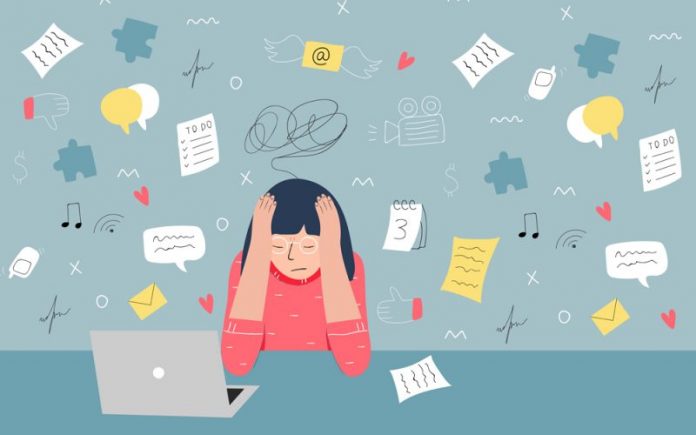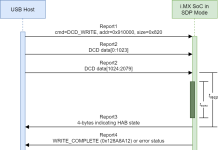Pandemic and evolving IT demands are having a major, negative impact on CISOs’ mental health, a survey found.
The CISOs aren’t OK.
A new survey showed the pandemic has ratcheted up job pressure to “extreme stress” levels among chief information security officers (CISOs), and it’s left them grappling for coping mechanisms ranging from workouts to narcotics.
OneLogin released the results of its survey of 250 tech leaders around the world, which found 77 percent of respondents thought the pandemic had increased their work stress, while 67 percent said they were working more hours.
Since the pandemic stay-at-home orders went into effect in the spring of 2020, it was left up to IT departments to figure out how teams could work remotely and keep it all secure. At the same time, attacks spiked — ransomware, sophisticated spear phishing, brute force and distributed denial of service (DDoS) were just a few of the tactics that have been widely deployed by cybercriminals to capitalize on COVID-19 and its aftereffects.
The survey isn’t without backup evidence. Verizon just released its 2021 data-breach report in which the carrier acknowledged the battered morale permeating IT security circles, and described the past year as an “unpredictable dystopian wasteland.” It also praised the cybersecurity community for still “having enough interest and energy to care about making the world a safer place.”
But this is all taking its toll on the mental health of the CISOs on the front lines.
How CISOs Are Coping With Stress
The vast majority of CISO respondents (80 percent) told OneLogin they’re using exercise to handle the pressure, 40 percent said meditation was a big help, while 24 percent said they were self-medicating with drugs, alcohol, narcotics or prescription medication.
CISOs largely believe their employers care about their well-being. In fact, 75 percent said they felt valued by their organizations. But the task in front of IT teams is becoming increasingly daunting.
While CISOs face a particular set of COVID-19-related challenged, Dr. Robin Massey, quoted in the report, cautioned that there are a complicated set of factors which influence a person’s stress levels.
“While survey results provide a 30-thousand-foot view of some behaviors to reduce stress, it is important to note that biology and environment also play a significant role in behaviors,” Massey said. “Historically, business has been preoccupied with efficiency, while sacrificing human relationships. On some level, this perspective may have worked in the past, but times have changed. What we know is the current state of the body influences behaviors, feelings, and thinking. Therefore, it is important to understand how physiological factors are interrelated with the relational and psychological.”
Massey offered a few tips for stress management, including learning to recognize the physical signs of stress, building in breaks, and getting quality sleep, which she explained are critical for mental health, as well as the health of the organization.
“Leaders can’t give what they don’t have,” Massey added. “To care for their teams, they must themselves live the principles.”
Download our exclusive FREE Threatpost Insider eBook, “2021: The Evolution of Ransomware,” to help hone your cyber-defense strategies against this growing scourge. We go beyond the status quo to uncover what’s next for ransomware and the related emerging risks. Get the whole story and DOWNLOAD the eBook now – on us!












